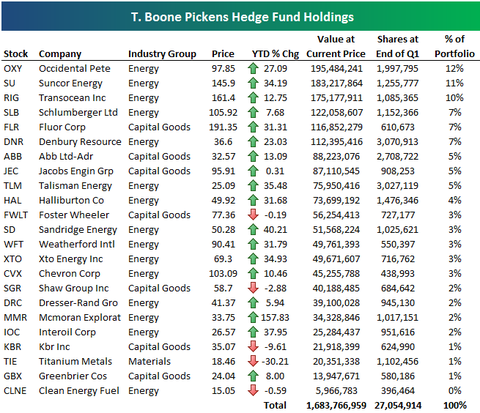ANWR is about 60 miles from the pipline. They could have that stretch built in 2 months. They built the entire Alaska pipeline in 2 years. 30 billion just over the sites in ANWR that have been explored.
That oil does go to Japan, and Japan in return buys oil from Mexico or Canada for us. It's a matter of shipping, but things may have changed in the last ten years!! as of 94 that was the deal.
And for any of you that have never been to ANWR this is how you get there. NOT LIKE THE PICTURES FROM THE LIB NEWS.
Oil from Alaska ( NON ANWR, we can't drill there, it a park you know!!) So if you are thinking about taking the Family there for some outdoor fun, here is how you get there. Here is the road called the Dalton Highway or by locals known as the HAUL road. When I lived in AK, it was not open to the public. Only commercial vehicles. SO, if you want to go to ANWR and have a pick nick here is how you get there.
You start here !!! Note the road, this is the best part of the road, you can do at least 45-55 and make some good time.
Here is the fist hill, looks like no problem right, that hill is over a mile long and near vertical. The guy driving that truck is going about 75 so he can make it up the other side. I know, I was in the pass. seat. I was 8.
Oh, and it is just the start of the hills, or grades.
A truck would get one round trip on a set of tires.
Then you come to the Brooks Range. Here is the start. The grades here are worse then the above pics.
If you are in the range before June1st or after August 1st. You risk this
Look in the very back of the pic, see the spilt in the trees, that the road, a near vertical grade.
The Haul Road, Late August. Note a spare truck and 150 gal. of fuel and a snow blower. Don't want to be stranded here.
If you get stuck in by weather at ANWR, this is how you get back home to Prudhoe Bay. Since it is still light, this pic was probably taken in Sept.
Here is a test site at ANWR. Again around Sept/oct.
Here is a rig at Prudhoe Bay, again around Oct. NOTE, no Beautiful Mountains, no pristine streams, or meadows it's a barren waste land of frozen tundra.
HERE is the best of it all. The Canadians are Drilling into ANWR from there side of the border, at a 45 degree angle and pumping it out. HAAAA the jokes on us !!!!















